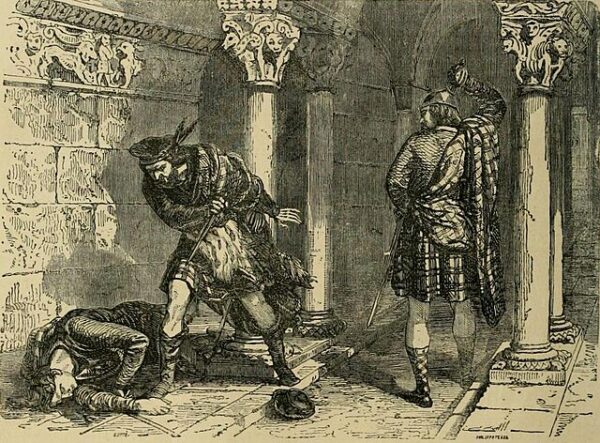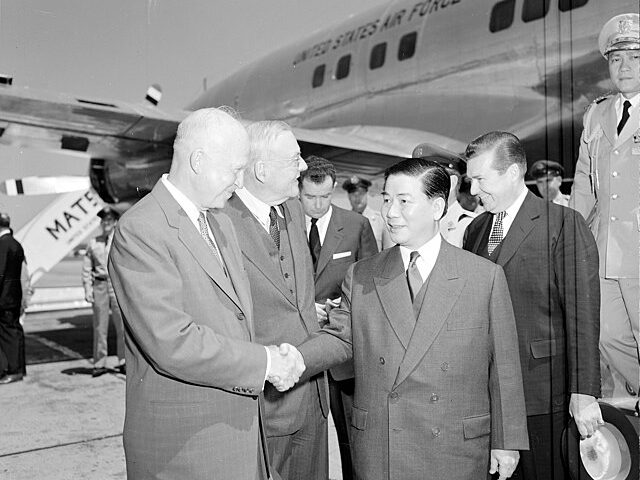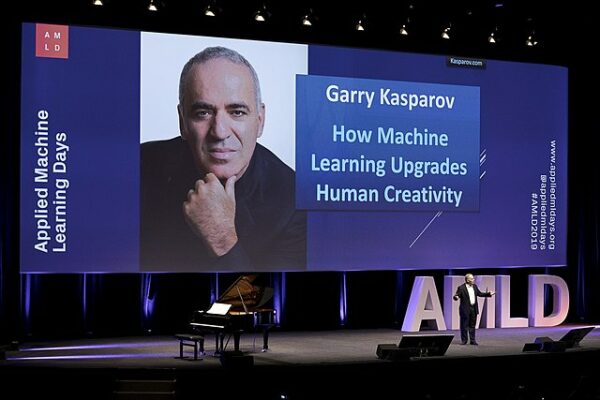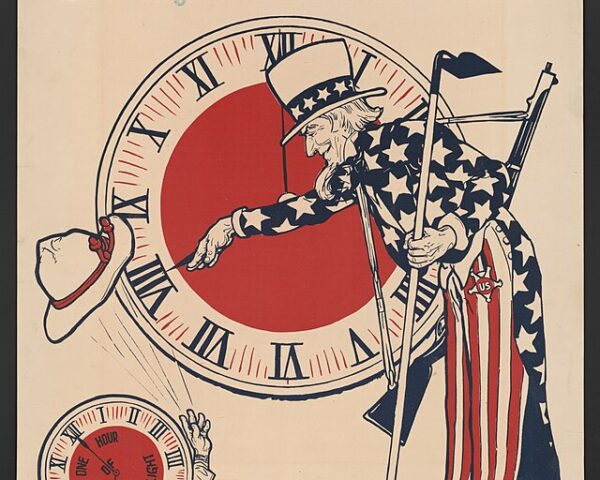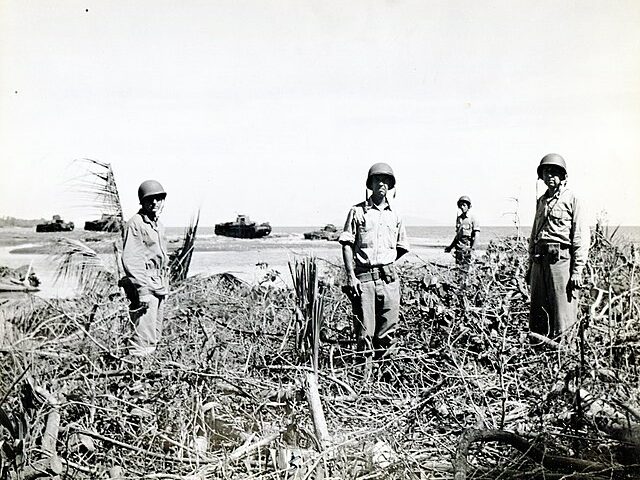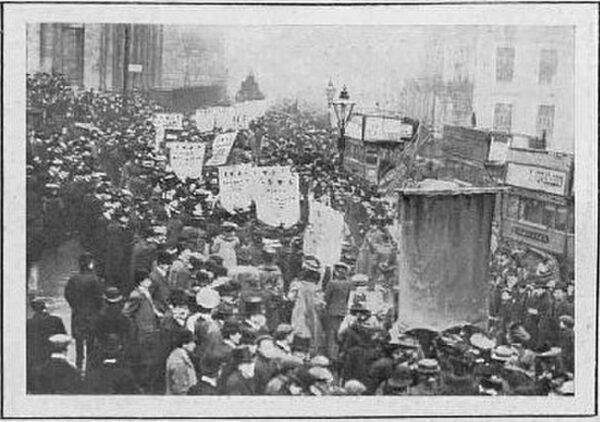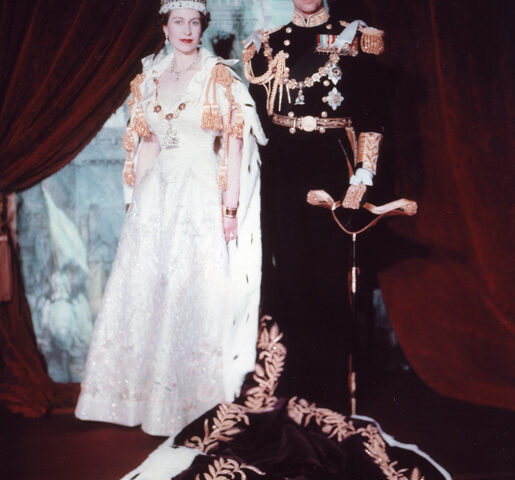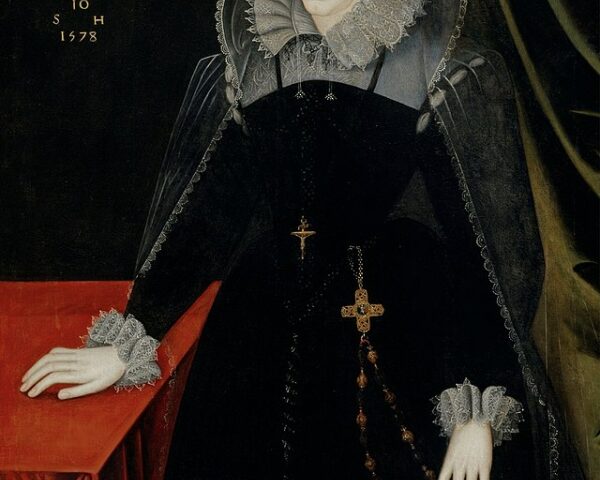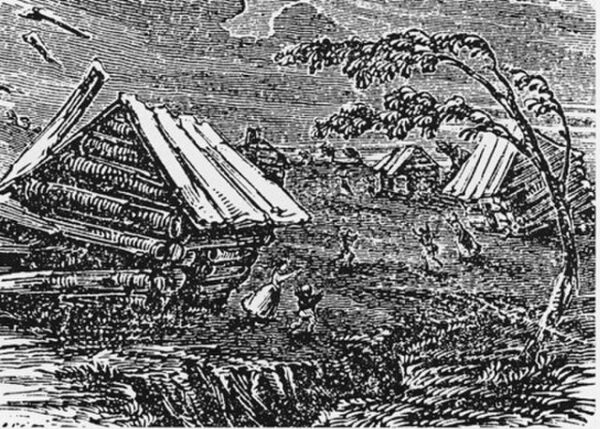On February 10, 1306, a killing inside a church in the Scottish border town of Dumfries turned a long, faltering resistance into an open revolution. Before the high altar of Greyfriars Church, Robert the Bruce struck down his political rival John Comyn. In medieval…
Read MoreOn this day in history, February 10, 1954, President Dwight D. Eisenhower issued a cautionary warning against direct U.S. military intervention in Vietnam. At the time, the French were struggling to maintain their colonial control over Indochina, facing fierce resistance from the communist Viet…
Read MoreOn February 10, 1996, the world of chess witnessed a historic encounter between Garry Kasparov, the reigning World Chess Champion, and Deep Blue, a chess-playing computer developed by IBM. This match marked the first time a reigning world champion faced a computer under standard…
Read MoreOn February 9, 1942, the United States did something that would have seemed mildly absurd just a few years earlier: it reset the nation’s clocks—permanently, at least for the duration of the war. With the country barely two months removed from Pearl Harbor, Congress…
Read MoreOn February 9, 1943, the war in the Pacific finally turned. The Battle of Guadalcanal, a pivotal conflict in the Pacific theater of World War II, unfolded for nearly seven months before the Allies finally prevailed. It marked a turning point in the war…
Read MoreThe Mud March of February 9, 1907, was the first large-scale demonstration organized by the National Union of Women’s Suffrage Societies (NUWSS) and marked a crucial moment in the fight for women’s voting rights in Britain. While not the first suffrage protest, its unprecedented…
Read MoreOn February 8, 1960, Queen Elizabeth II issued an Order-in-Council declaring that her direct descendants would bear the surname Mountbatten-Windsor, a decision that subtly but significantly altered the royal family’s naming conventions. This choice reflected both personal and political considerations as the Queen navigated…
Read MoreMary, Queen of Scots, faced a tumultuous fate that culminated in her execution on February 8, 1587. Mary’s life was marred by political intrigue and dynastic conflicts. Accused of plotting against her cousin, Queen Elizabeth I of England, Mary found herself entangled in a…
Read MoreOn February 7, 1812, the most powerful earthquake in a relentless series of seismic shocks struck the frontier town of New Madrid, delivering a convulsion so violent that it reshaped the land, terrified distant cities, and permanently altered American understanding of the continent’s hidden…
Read MoreOn February 7, 1964, the United States was gripped with a mania, a Beatlemania. The British rock band, comprised of John Lennon, Paul McCartney, George Harrison, and Ringo Starr, landed at the newly renamed John F. Kennedy International Airport in New York City to…
Read More

